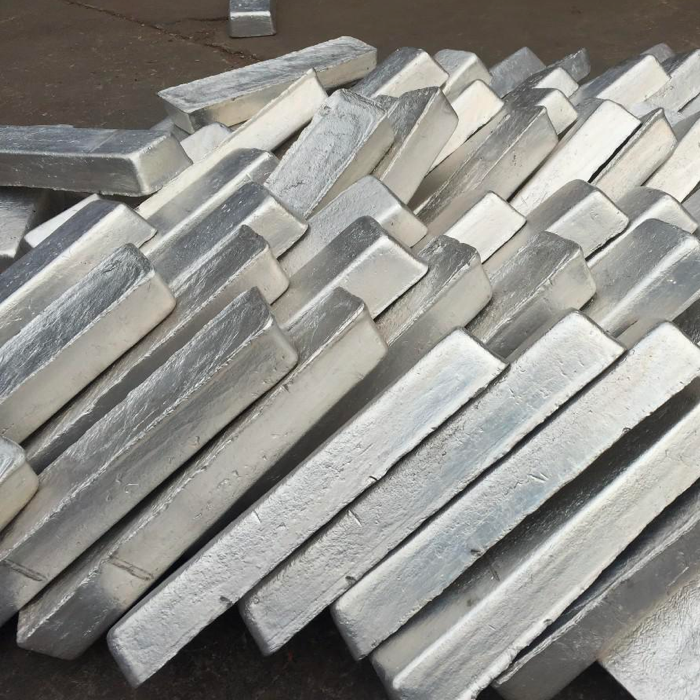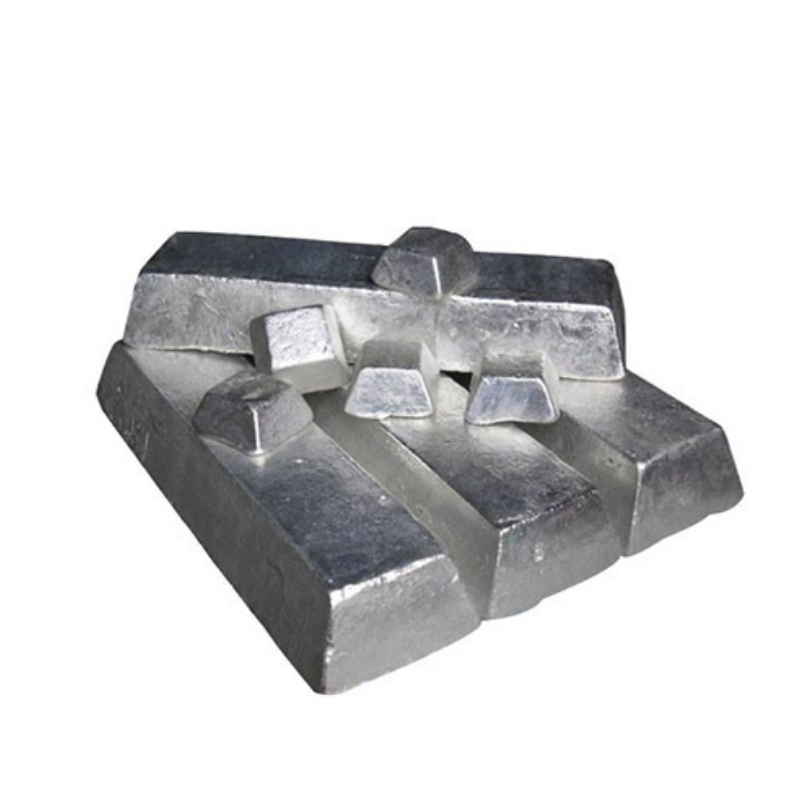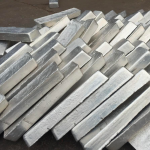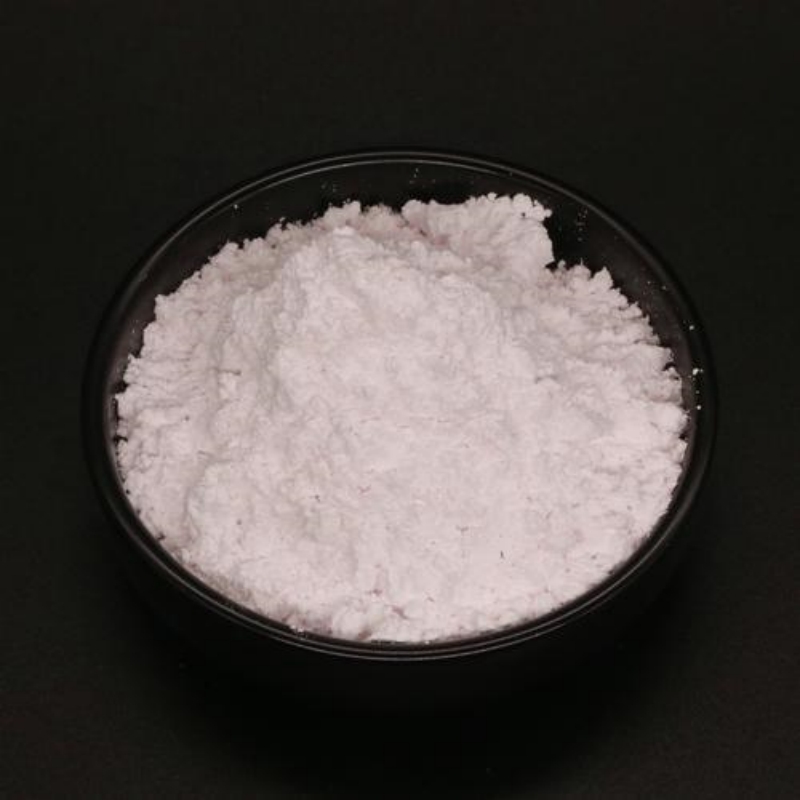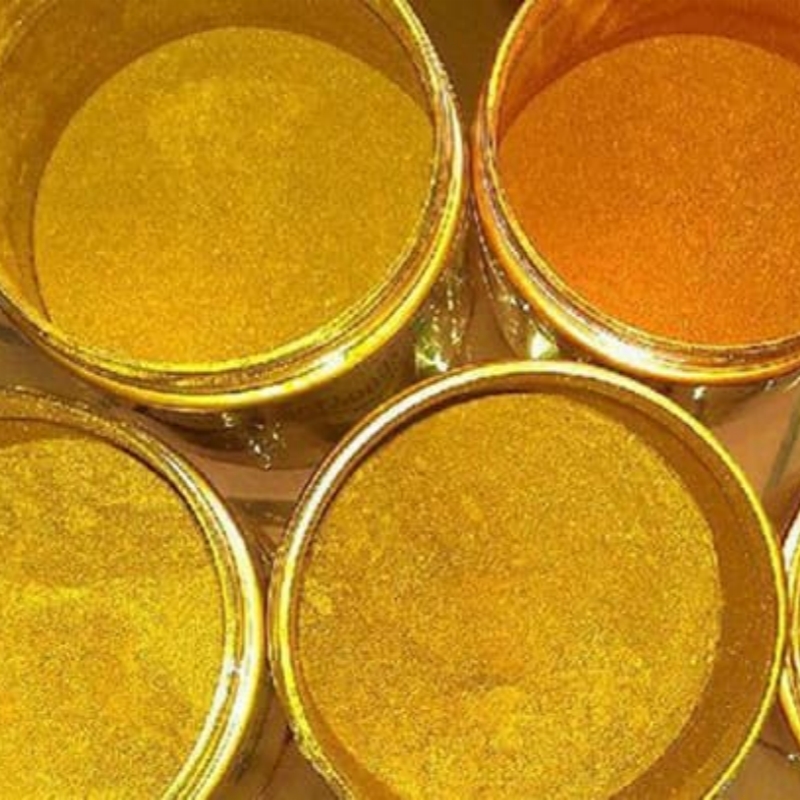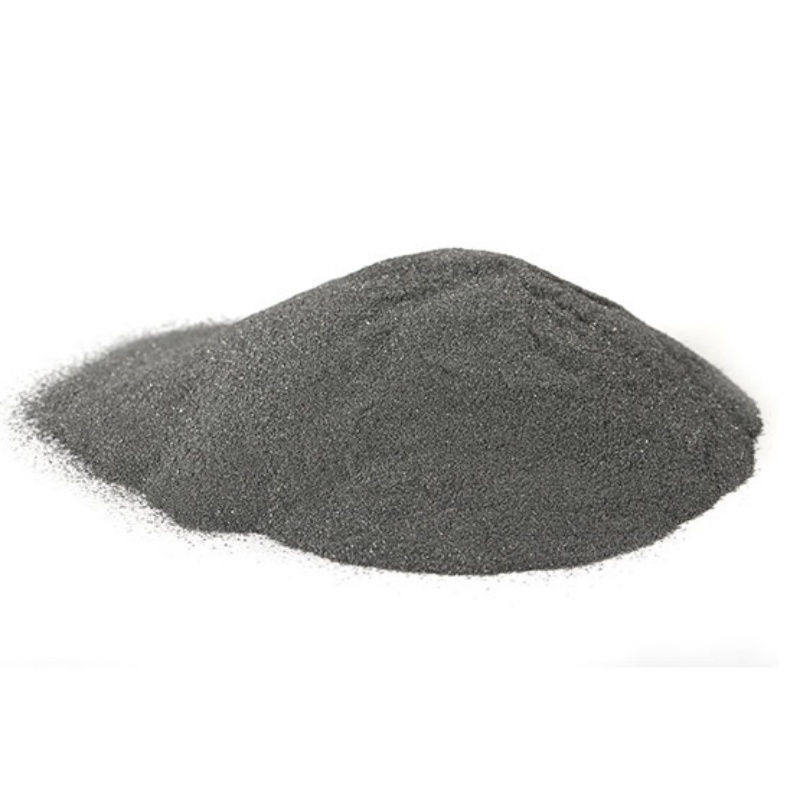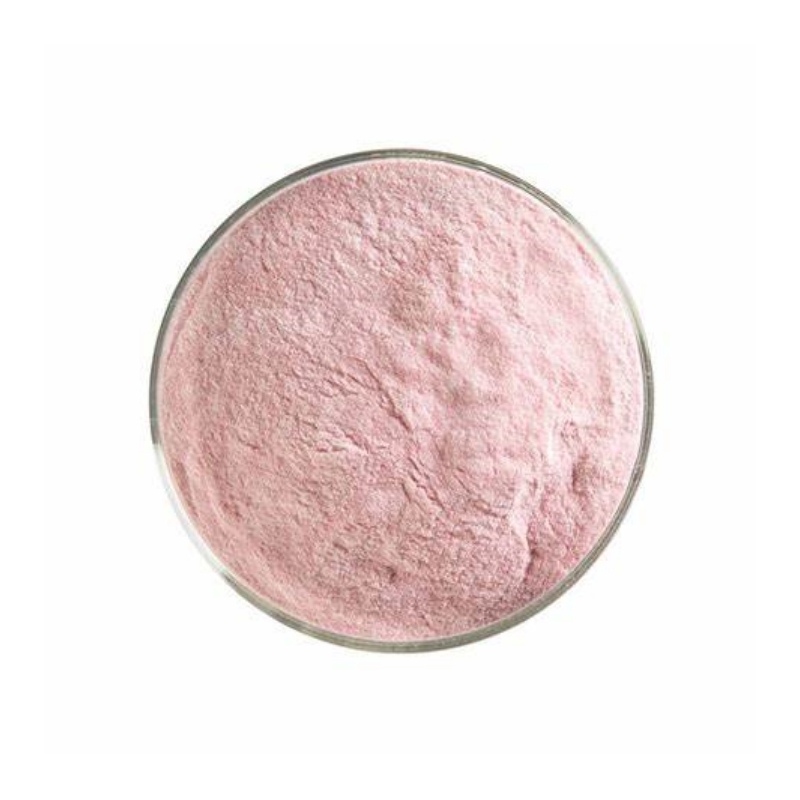Product Overview
Calcium ingots are silvery-white light metals with a low density (1.54 g/cm³) and high chemical reactivity. The melting point of calcium is 839±2°C, and the boiling point is 1484°C. Calcium plays an important role in chemical reactions, reacting with water and acids to release hydrogen gas. In the air, calcium forms a protective oxide and nitride film on its surface to prevent further corrosion. Calcium ingots are essential raw materials in metallurgy, alloy manufacturing, petrochemical industries, and more.
Features
- Soft texture, low density, and high chemical reactivity.
- Self-protecting in air, forming an oxide layer on the surface to prevent further corrosion.
- Excellent reducing properties, capable of reducing metal oxides, adaptable to various industrial needs.
Applications
Calcium ingots are widely used in several industrial fields:
- Metallurgy: As a reducing agent in metallurgy, calcium ingots are widely used in the production of ferrous alloys, particularly in desulfurization, deoxidation, and decarbonization processes.
- Alloy Manufacturing: Used as a deoxidizer, calcium ingots improve the purity and stability of alloys.
- Petrochemical Industry: In the petroleum industry, calcium ingots serve as a dehydrating agent, helping to remove moisture from oils.
- Electronics Industry: Calcium ingots are used in electron tubes as a gas-absorbing agent, helping to maintain optimal performance.
| Calcium Metal | ||||||||||
| Chemical Analysis | >= | <= | <= | <= | <= | <= | <= | <= | <= | <= |
| Description | Ca | Cl | N | Mg | Cu | Ni | Mn | Si | Fe | Al |
| Calcium Turnings | 99.5 | 0.005 | 0.01 | 0.08 | 0.005 | 0.005 | 0.008 | 0.008 | 0.01 | 0.01 |
 new material
new material

